Golden raisins are higher in flavonoids (phytonutrients found in plants that give them their color) than black raisins in terms of antioxidants and nutrition.
Despite everything else, golden and regular raisins are both great as a healthy snack, just like what was in your childhood lunchbox.
Unlike cooking or snacking, there is no substitute for cooking with raisins. There is no competition here.
Our recommendation is to use only golden raisins. Remember to soak them in vinegar before preparing them for use in a meal to keep them plump and flavorful. You can use them in several dishes because of their plumpness and fruity and sweet taste.
Instead of being in the sun, the golden raisins are dried in a large dehydrator, which is why they retain their golden color.
Golden raisins are usually supplemented with sulfur dioxide, a common preservative in dried fruits and white wine, to increase their antioxidant properties. Harold McGee’s comment that “the result is a fruitier, lighter flavor” seems to confirm our conclusion.

The extraordinary plumpness and juiciness of golden raisins can also be attributed to this temperature and humidity control.
We were surprised to find that, contrary to what we previously thought, golden raisins and regular raisins are not produced from different grape varieties.
. According to the company’s website, almost all of Sunmaid’s raisins, whether golden or brown, are made from Thompson Seedless, the most popular grape variety grown in California. How many of us like raisins? Some of us don’t want them in our cookies because they might be mistaken for chocolate chips. We can all agree that golden raisins are superior to their brown, wrinkled counterparts.
Their taste is wonderful
They are much greener. There are two types of raisins: brown, which is drier, and golden, which has a different taste.

We were curious as to why. Recently, in one of the epi meetings, the discussion about raisins became controversial.
The food, which comes in a small red box and looks innocent enough for children, seems to be controversial, with even friendly staff shouting at each other.
(Seriously, everyone was polite while talking.) By The Thompson The first seedless grape, producing both regular and golden raisins, was planted in California in 1872 by a farmer named Thompson.
The way they dry tells the difference between them. Dried brown raisins have no added stabilizers or preservatives.
They have a brown appearance due to the air drying process. In the dryer, sulfur dioxide is used as a preservative to keep the raisins fresh and prevent the skin from turning brown.
On the contrary, regular raisins are harder and drier.
Regular and golden raisins, both of which contain antioxidants, are healthy. However, grapes have reduced nutritional content due to freshness.
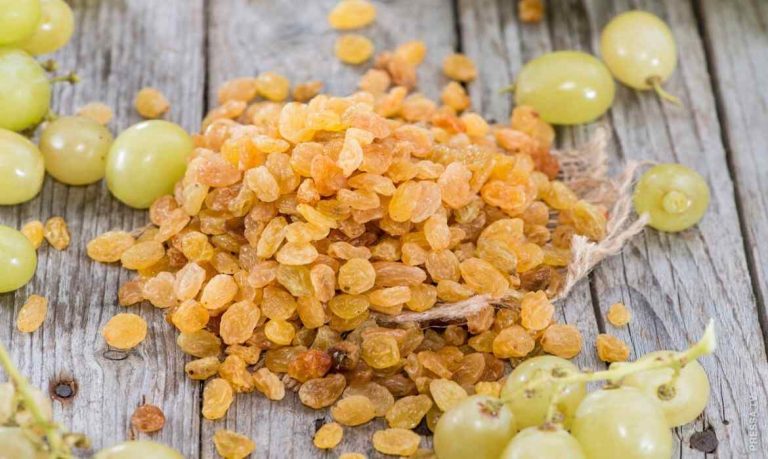
Golden raisin
Raisins, raisins, sultanas and raisins are examples of popular dried fruits. Here, the emphasis is on several types of dried grapes.
Due to their abundance of vitamins, minerals and antioxidants, they are used worldwide in sweet and savory dishes.
Despite their great appeal, these tasty morsels confuse many people.
This page discusses the changes between raisins, sultanas and raisins.
Simply put, raisins, sultanas, and raisins are all forms of dried grapes.
However, distinguishing between the three can be challenging because “raisin” and “sultan” have different meanings around the world.
In the United States, sultanas and raisins are both known as raisins. To distinguish sultanas from standard raisins, they are often called “golden raisins.”
This scenario is a little different in other countries.
Due to the type of grape and the processing method, the ration and the kingdom are different in many countries, including England.
In this sense, “currant” also refers to gooseberries, red currants, and black currants.
This article uses the international definitions of raisin and sultan to reduce misunderstandings.
Rieslings are called raisins because they take about three weeks to dry.

The browning of grapes during drying gives raisins their distinctive brown color.
Different types of grapes can be used to make raisins. Grape size, flavor, and color are all influenced by the grape variety used.
Thompson In the United States, seedless raisins are often used.
Because sultanas are made from smaller grapes such as Muscat and Lexia, they are often smaller than raisins.
Raspberries have a softer texture and a sweeter taste than sultanas and currants, which are smaller and darker in color. Grapes that have been drained and stored as raisins are known as raisins.
Raisins are a nutritional and calorie powerhouse because the carbohydrates and nutrients in the grapes are concentrated during the drying process.
Raisins traveled from the Middle East to Greece and Rome before reaching Europe.
The treatment of food poisoning, money and sports trophies are among the recent uses of raisins.
Raisins are widely available in supermarkets today and come in a variety of colors due to the drying process. While golden yellow raisins are often used in baked goods, red and brown raisins are preferred as snacks.
Since raisins do not contain any additional additives or preservatives, they are a nutrient-dense food. They should be consumed in moderation because they are harmful because of the sugar and calories they contain.

Black raisin
Also known as monaka in parts of India, black raisins are often consumed after soaking overnight.
They are rich in glucose and fructose, dietary fibers, minerals and vitamins including ascorbic acid, riboflavin, thiamin and pyridoxine (zinc, phosphorus, iron, magnesium, calcium, potassium).
According to Bhatia, the phytochemicals in Munakka include phytoestrogens, hydroxycinnamic acids, epicatechins, flavonoids and resveratrol.
The countless amazing benefits of black raisins include:
Dietary fiber facilitates the natural absorption of fluids in the body. By increasing the amount of food passing through the digestive system, it becomes possible to have regular bowel movements and get rid of constipation.
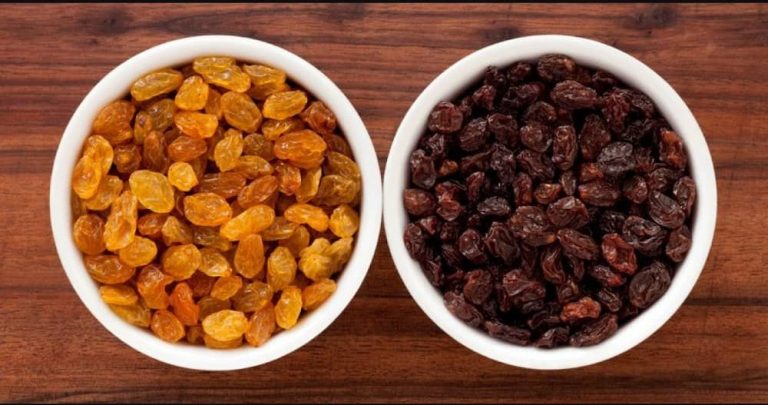
In addition, the dietary fibers present in it help to remove pollutants from the body.
Monaca is also beneficial for colon health.
Black raisins also contain vitamin B complex, which is essential for the production of red blood cells. Its high iron content may be beneficial for anemia.
The calcium content of Munakka has the potential to strengthen and reduce tooth enamel.
Black raisins are a good source of potassium, which, in addition to encouraging bone growth, may reduce the risk of osteoporosis.

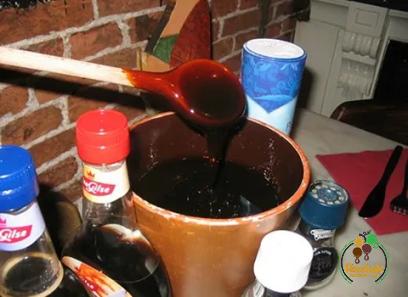
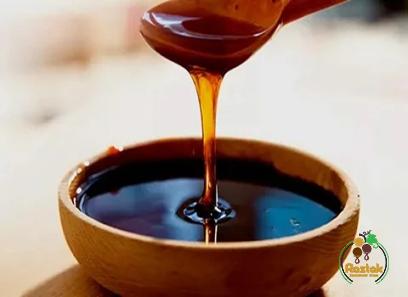
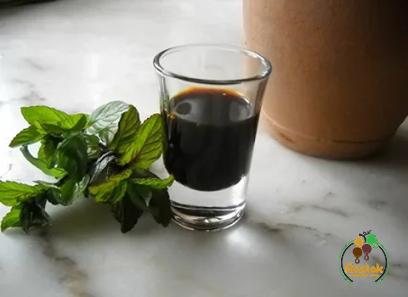
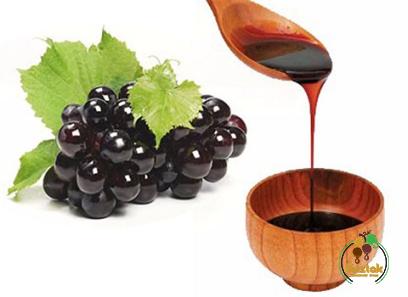

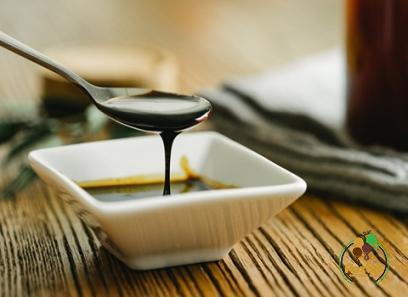
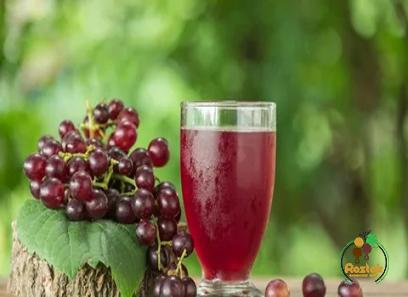
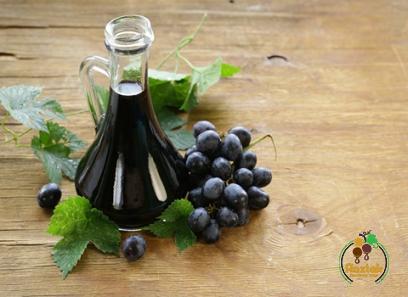
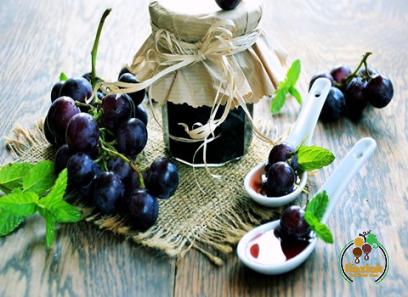
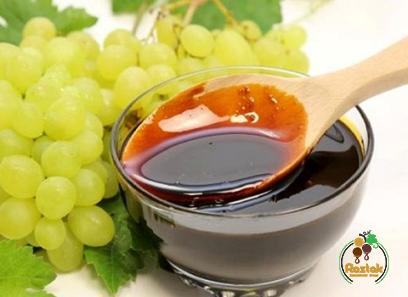
Your comment submitted.